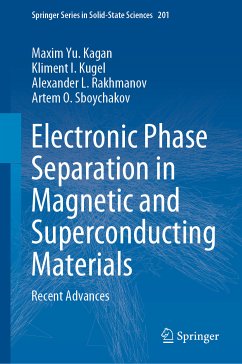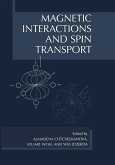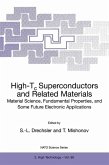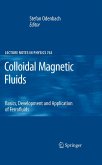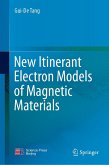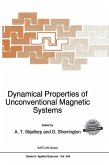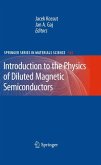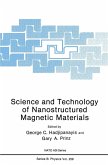This book focuses on nanoscale electronic phase separation in a wide class of different materials, especially in strongly correlated electron systems. It features an extensive review of the field of inhomogeneous spin and charge states in condensed matter physics while delivering a topical and timely discussion of a wide range of recent advances in electronic phase separation. It describes the formation of different types of nanoscale ferromagnetic metallic droplets in antiferromagnetically ordered, charge-ordered, or orbitally-ordered insulating matrices, as well as the colossal magnetoresistance effect and tunneling electron transport in the nonmetallic phase-separated state of complex magnetic oxides. It also discusses compounds with spin-state transitions, inhomogeneously phase-separated states in strongly correlated multiband systems, and the electron polaron effect, paying special attention to systems with imperfect Fermi surface-nesting such as chromium alloys, iron-based pnictides, and AA-stacked graphene bilayers. The authors investigate also the formation of order parameter clusters and insulator-superconductor transition in different superconducting systems including bismuth oxides, two-dimensional films in the presence of strong disorder, as well as inhomogeneous Fermi-Bose mixtures in Aharonov-Bohm rings with a superconducting bridge in a topologically nontrivial state. This book is a valuable resource for researchers involved in theoretical and experimental studies of strongly correlated materials, such as magnetic semiconductors, Fermi-Bose mixtures, and twisted bilayer graphene.
Dieser Download kann aus rechtlichen Gründen nur mit Rechnungsadresse in A, B, BG, CY, CZ, D, DK, EW, E, FIN, F, GR, HR, H, IRL, I, LT, L, LR, M, NL, PL, P, R, S, SLO, SK ausgeliefert werden.

